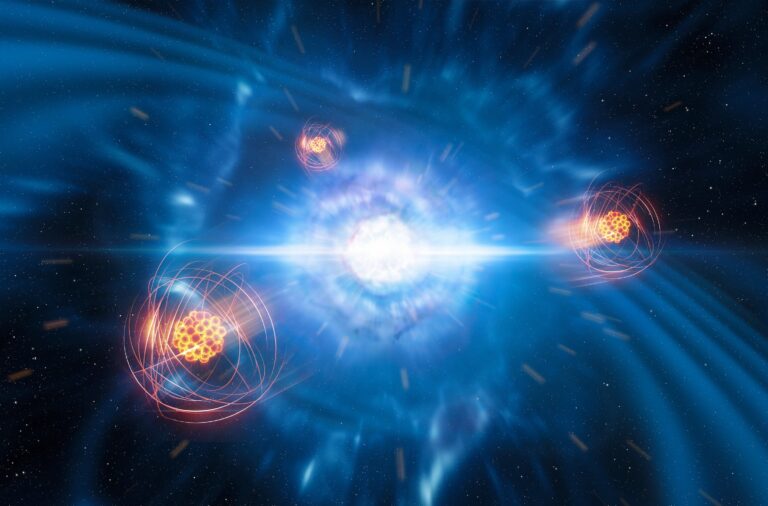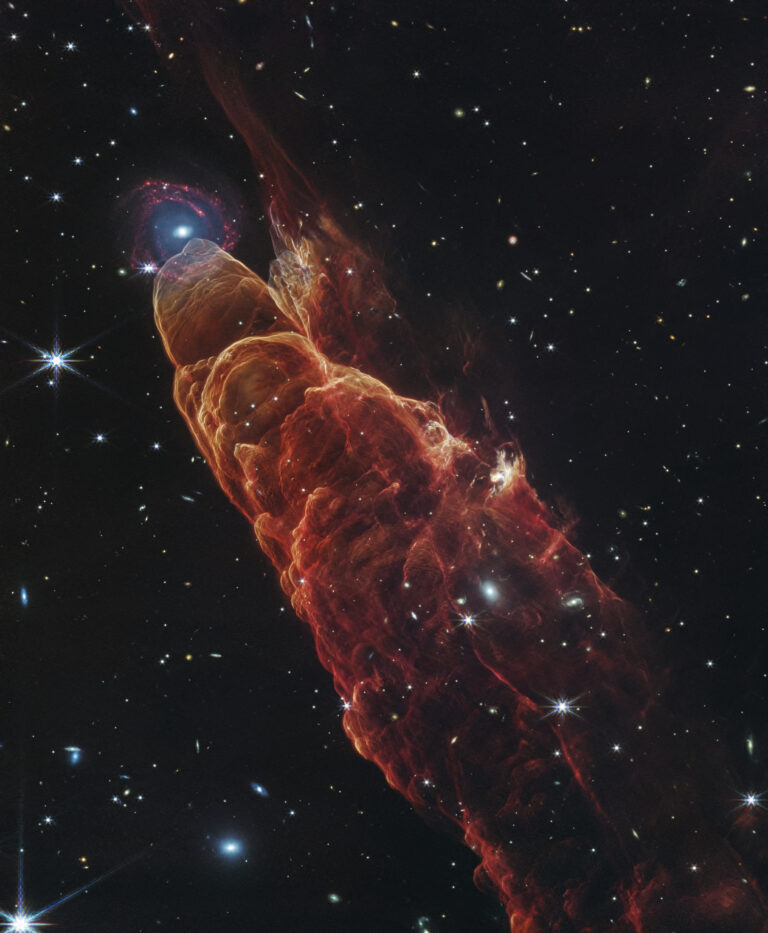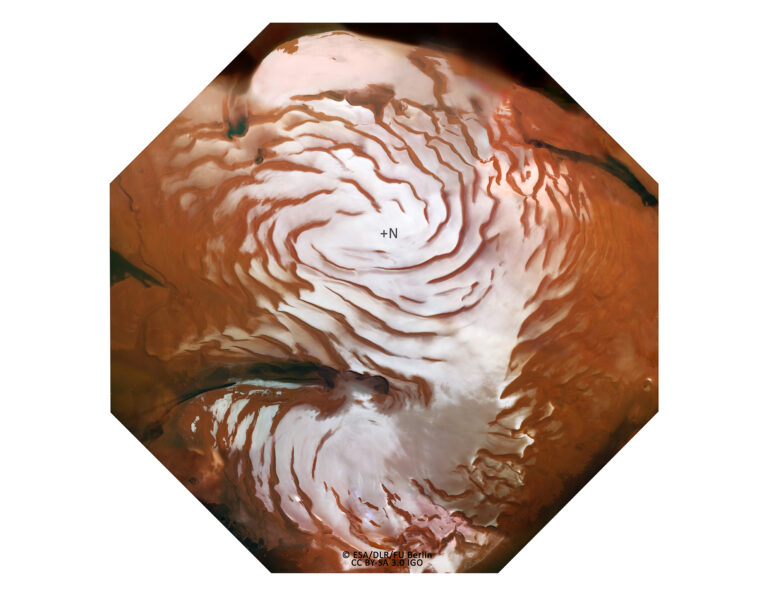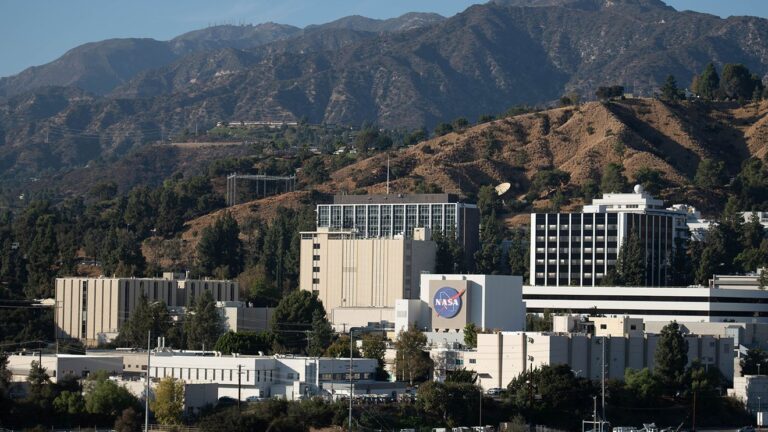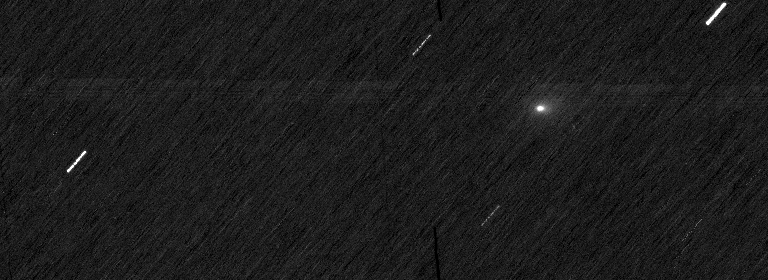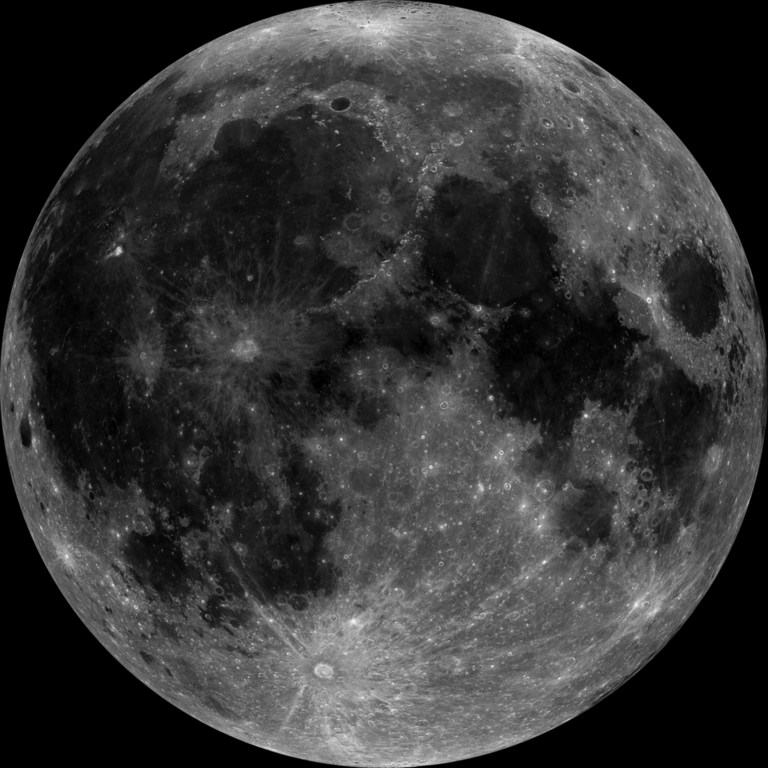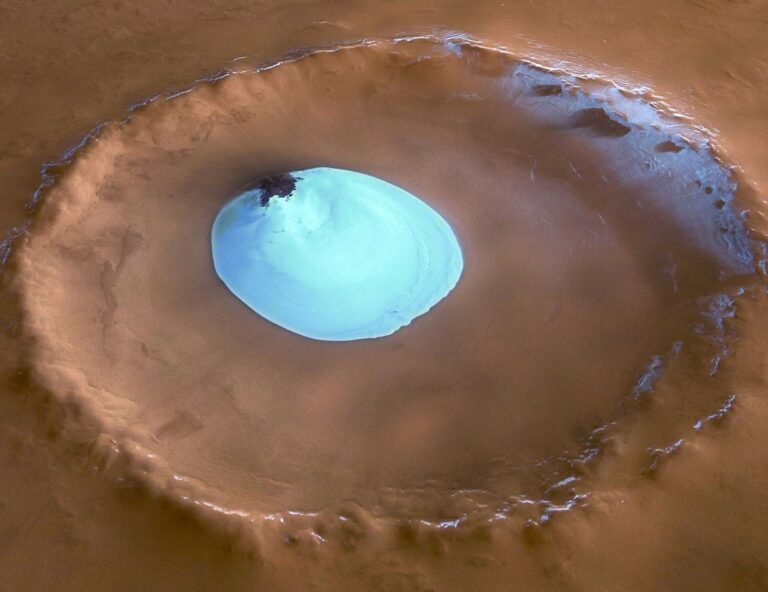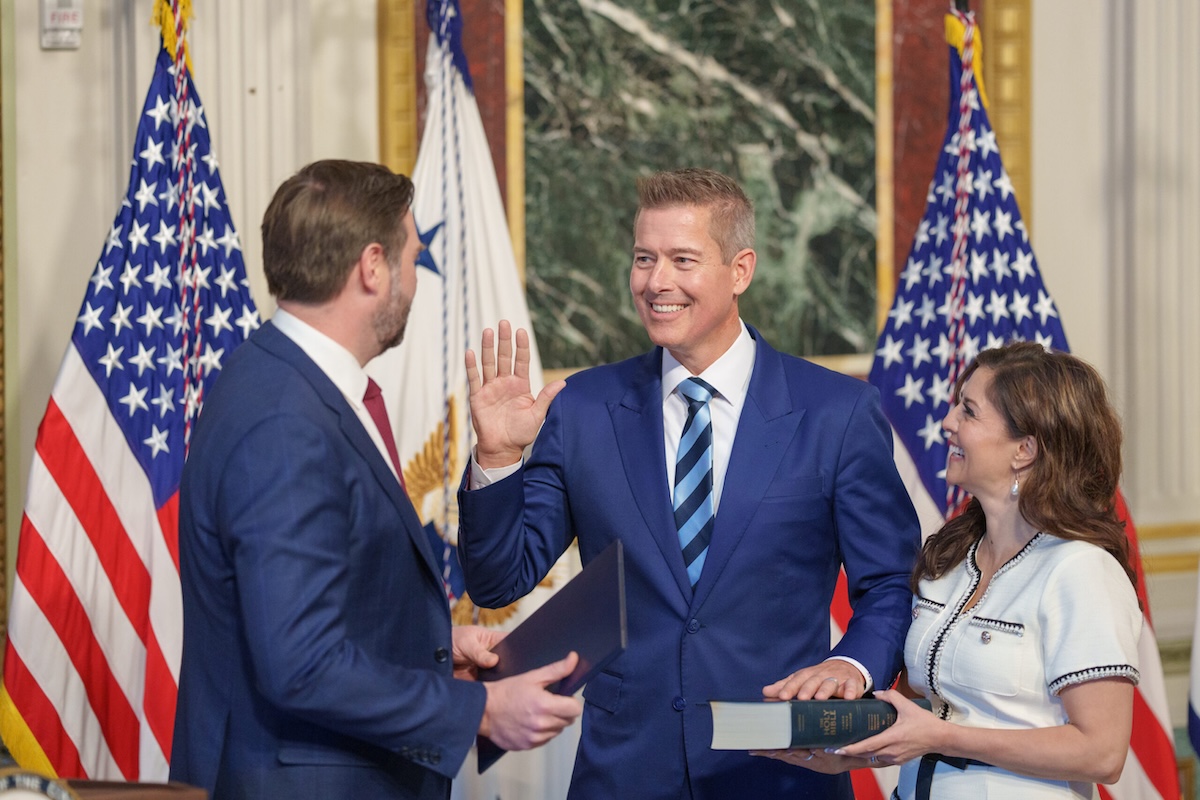
Key Takeaways:
- A leadership contest for the permanent NASA administrator position is underway, involving current interim administrator Sean Duffy and Jared Isaacman, whose prior nomination was unexpectedly withdrawn.
- Sean Duffy, the U.S. transportation secretary, seeks to secure the NASA administrator role permanently or oversee the agency by incorporating it into the Department of Transportation, contrasting with Jared Isaacman, an industry-favored candidate who previously enjoyed bipartisan congressional support.
- The article details contentious interactions between Duffy and Isaacman, lobbying efforts for both candidates, and public criticism of Duffy by Elon Musk; Isaacman's initial nomination withdrawal was reportedly linked to perceived political misalignment.
- Duffy initiated a reopening of the competition for the Artemis III Human Landing System contract, previously held by SpaceX, a move speculated to appeal to President Trump by targeting a lunar landing within the current presidential term amidst projected mission delays.
A showdown is brewing for the top job at NASA.
The Wall Street Journal on Tuesday reported that Sean Duffy, U.S. transportation secretary and interim NASA administrator, wants to lead the agency permanently as rumors swirl about the potential renomination of Jared Isaacman for the role.
Isaacman, the CEO of Shift4 Payments and a customer of Elon Musk’s SpaceX, had his initial nomination unexpectedly withdrawn by President Donald Trump in May. A few weeks later, Trump installed Duffy as interim administrator, replacing Janet Petro.
Duffy’s interim role expires at the end of the year. However, one source told news website Ars Technica that he “doesn’t want to give up the job.”
A NASA spokeswoman told the Journal that Duffy has not expressed a desire to lead the space agency long term. However, the spokeswoman said, he has pushed to move NASA into the Department of Transportation — allowing him to oversee the agency without leading it.
Musk, responding to the news on his social media platform X, referred to Duffy as “Sean Dummy” and accused him of “trying to kill NASA.” He also implied that Duffy has a “2 digit IQ” and that his “biggest claim to fame is climbing trees” — an apparent reference to his stint as a professional climber.
The withdrawal of Isaacman’s nomination in May came as Musk stepped away from the White House, where he served as a “special government employee” for months. The White House claimed Isaacman was not aligned with the administration’s goals, citing his past donations to Democratic causes.
Isaacman, though, implied the move was retribution against Musk.
“I’m not going to play dumb on this,” he said on the All-In podcast. “I don’t think timing was much of a coincidence … There were other changes going on the same day.”
Isaacman has flown on two SpaceX missions and purchased two more. Shift4 in 2021 also invested $27.5 million in SpaceX.
Power struggle
The apparent battle between Isaacman and Duffy pits an industry favorite against a presidential darling.
Isaacman in the leadup to his planned confirmation hearing enjoyed broad support from the Commercial Space Federation (CSF) and other industry groups, as well as advocates for human exploration and space and Earth science. Stakeholders view him as a capable leader, and his enthusiasm toward space as genuine.
That positive view of Isaacman extends to Congress, where he received more bipartisan support than most of Trump’s other nominees. His confirmation was expected to clear the Senate with little pushback.
Duffy, on the other hand, is more closely aligned with Trump. He took over as transportation secretary days into the administration and has curried enough favor to be trusted in a dual role. However, Congress and other stakeholders have repeatedly called for Trump to nominate a permanent administrator to replace him.
Per the Journal, Duffy interviewed Isaacman on October 13. “People familiar with the situation,” it reported, described the discussion as “contentious” and said Duffy gave Isaacman a call afterward.
Over the weekend, representatives of Duffy and Isaacman reportedly pitched Trump and people in his orbit about their respective candidates. Duffy, the Journal reported, asked his contacts in the space industry to share concerns about Isaacman with the White House. Isaacman in a statement denied an allegation that he hired lobbyists to help secure the nomination.
With the added context of the Journal report, Duffy’s decision on Monday to reopen competition for the Artemis III human landing system (HLS) could be a way of appeasing Trump.
SpaceX was awarded that contract in 2021 to build its Starship HLS, with which NASA plans to put Americans on the moon for the first time in decades. But Duffy said SpaceX is falling behind.
Though NASA publicly has set a mid-2027 launch date for Artemis III, Duffy on Monday appeared to acknowledge that timeline is not feasible. He predicted the moon landing would occur a “couple years after” the Artemis II mission, scheduled for February.
But the goal, he said, is to “get to the moon in this president’s term.” That’s the kind of promise that might grab the president’s attention.
Editor’s note: This story first appeared on FLYING

